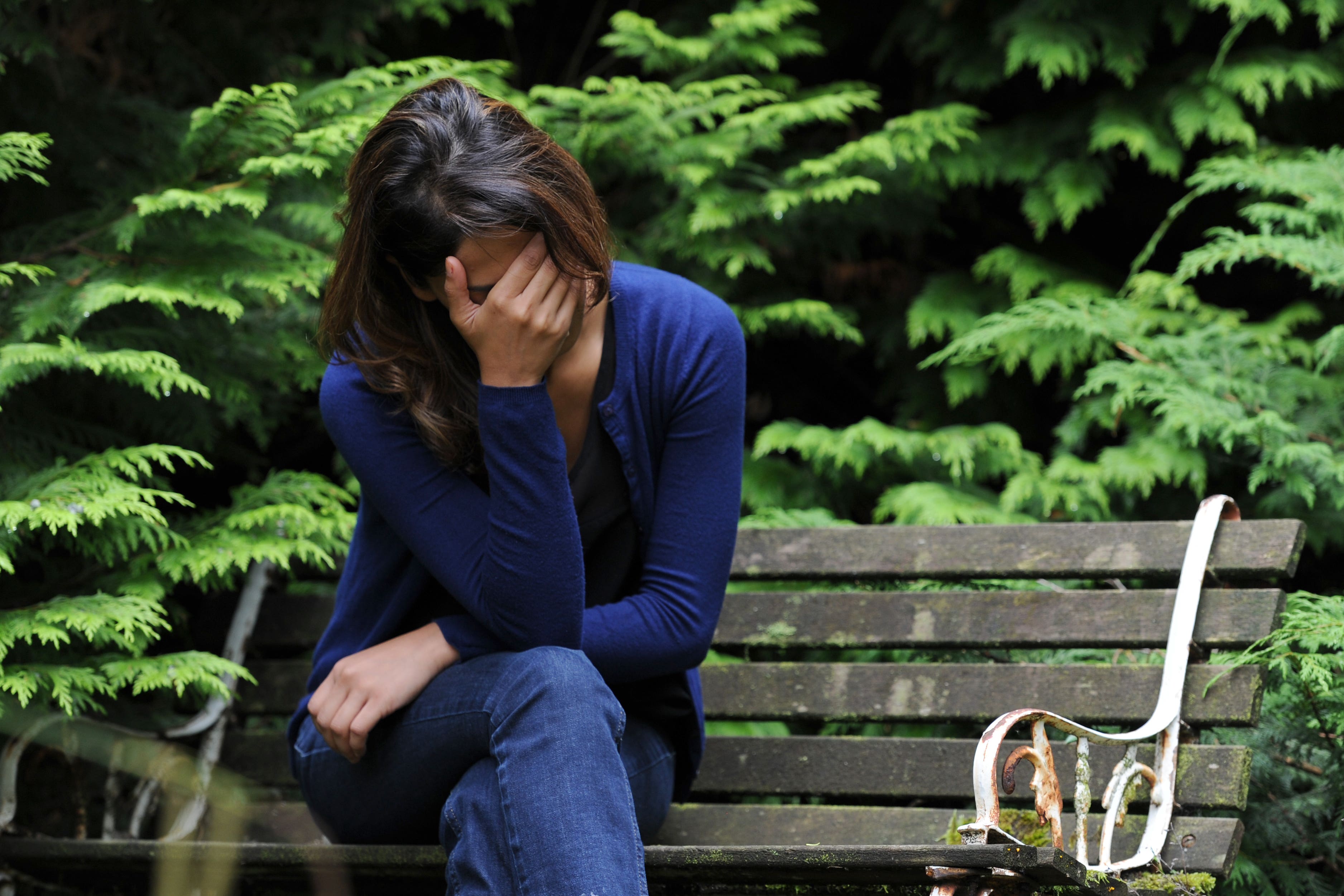My relative had a mental health crisis – the police were a lifeline
As someone with a loved one who struggles with mental health problems, news that officers will no longer routinely attend these call-outs was a kick to the stomach, writes Anne Atkins


The Met Police commissioner, Mark Rowley, has announced his force will no longer routinely attend incidents involving the mentally ill after 31 August unless there is a “threat to life”. As someone with a loved one who struggles with mental health problems, the news was like a kick to the stomach.
A member of our family has suffered severe mental illness for more than two decades. The police have sometimes provided a lifeline. The prospect that this essential service might be axed entirely – and deliberately, as a policy decision – to me seems chilling and dangerous.
I heard of an incident some time ago – a scene of such chaos that if you’d just walked in, you’d struggle to know what was going on, let alone how to deal with it. A young woman had been threatening her brother with a 12in kitchen knife. She was standing on a chair outside in the rain, soaked through, in nothing but boxers, a T-shirt and socks. And she was screaming. Curiously, her brother seemed not at all afraid but was calmly ringing the police.
Why was she screaming? Well, she wanted the police. She wasn’t very coherent but “not an ambulance!” came through clearly. She was terrified by the very mention of one. (Years earlier, after a similar incident, paramedics had told her they wouldn’t release her until she agreed to take Lorazepam... and thus began a dreadful and very damaging addiction to Benzodiazepines, which still dogs her to this day: exacerbating her illness, preventing treatment, more than once nearly leading to her suicide.)
The police did come. They talked her down. They took her inside to get warm and dry. They calmed her. In the heartbreaking 25 years or so of caring for a younger relative – seeking treatment, fighting for funding, trying to undo dreadful damage done by mental health professionals – if I had to name the profession which has been of most help, it would be the police. Hands down.
It’s been said police officers have “no training” to deal with mental health issues, which is not my impression. They are trained to be calm. To take control. To de-escalate. To evaluate. And they generally have a lot more faith in the family – those of us dealing with mental illness issues day in, day out, year after year – than many mental health professionals.
Rowley has said his force will no longer attend such incidents unless there is “threat to life”. Does he not realise that where mental illness is involved, there is always threat to life? I’ve lost count of the times my relative has nearly been lost to us. He claims police officers are “not the right people” to be dealing with issues of mental illness. From my long, very painful and personal experience, police officers are often far better at handling mental health crises than anyone else.
He says his officers are there for crime. Does he not know (according to a report out last year) that 45 per cent of the mentally ill are likely to have been victims of crime in the previous year? Does he not understand the connection between mental illness and vulnerability to abuse, domestic violence, rape, theft – and much more?
It is absurd to suggest that more intervention – not less – wouldn’t have been a good use of police time, and wouldn’t save a lot more time and resources in the long run. Unlike with physical illness, where it is universally recognised that speedy intervention saves both lives and money, mental patients often don’t receive help until their illness has developed to critical – often untreatable – levels: something I’ve seen more times than I can reiterate.
As it happens, my relative agrees with Rowley. That the police can’t do their job because of chronic underfunding, that they should not be responsible for mental healthcare and that crime should be their priority. In short, that we need higher taxes.
We all agree officers shouldn’t be spending a million hours a year kicking their heels in A&E. But if this decision not to intervene results in yet more neglect of the mentally ill, it will be a truly dire failure on the part of a caring, responsible society.
If you’re struggling with your mental health, call Mind on 0300 123 3393 or visit them online



Join our commenting forum
Join thought-provoking conversations, follow other Independent readers and see their replies
Comments